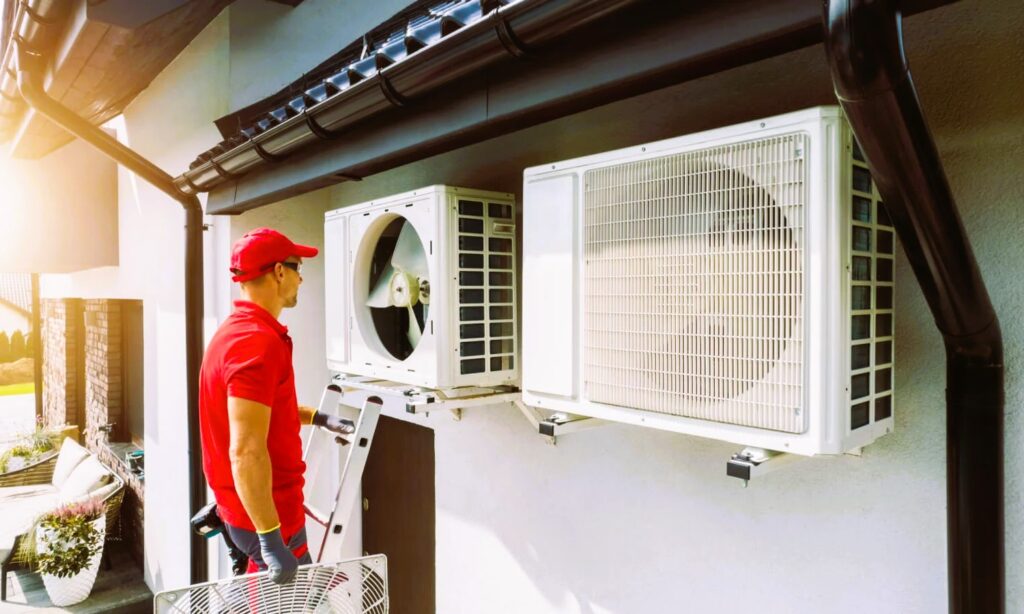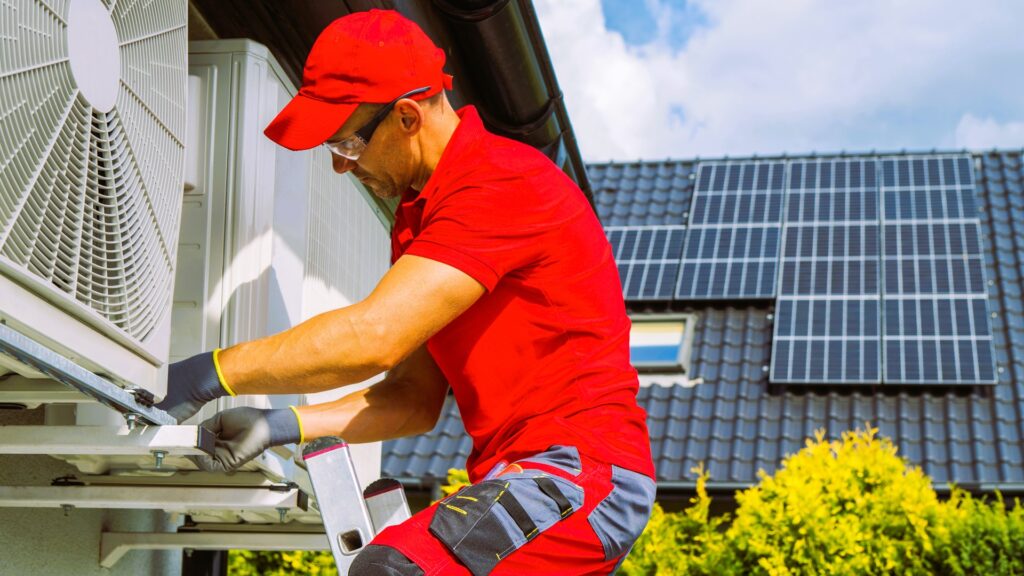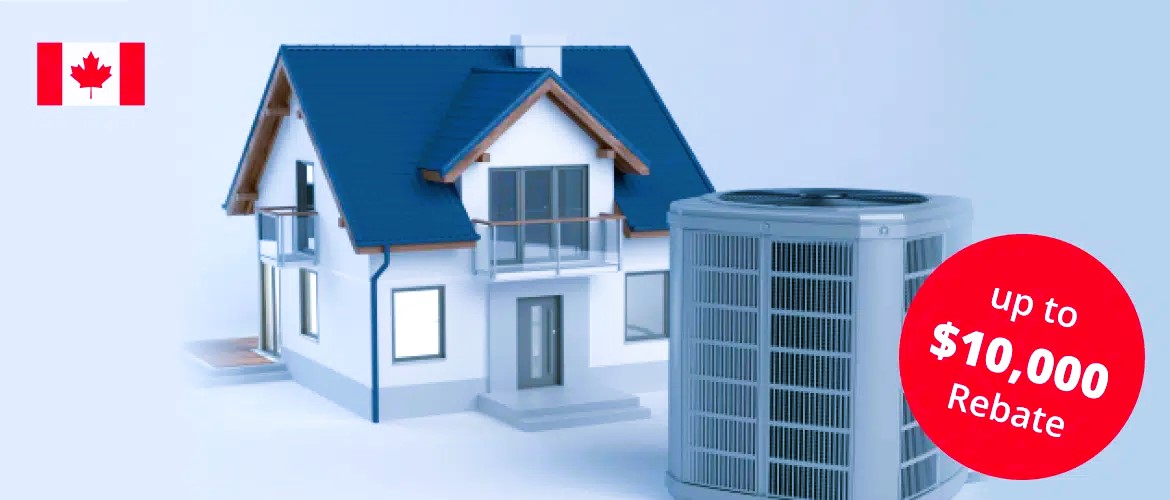Heating systems are a crucial component of every Canadian home, ensuring comfort during the harsh winter months. As the nation strives towards energy efficiency and environmental sustainability, there is a growing emphasis on upgrading to energy-efficient heating systems. To incentivize Canadians to make the switch, various rebate programs have been introduced across the country. This article explores the significance of energy-efficient heating, the benefits of such systems, and the diverse rebate opportunities available to Canadian homeowners.
The Importance of Energy-Efficient Heating Systems
Canada’s diverse climate, ranging from frigid winters to mild coastal temperatures, places a significant demand on heating systems. Traditional heating methods often consume substantial amounts of energy, contributing to high utility bills and environmental impact. Energy-efficient heating systems, on the other hand, are designed to optimize energy use, reduce greenhouse gas emissions, and promote sustainability.
The benefits of energy-efficient heating systems include:
- Cost Savings: Energy-efficient systems are designed to maximize heat production while minimizing energy consumption, leading to lower utility bills over time.
- Environmental Impact: By reducing energy consumption, energy-efficient heating systems contribute to a decrease in greenhouse gas emissions, aligning with Canada’s commitment to combat climate change.
- Enhanced Comfort: Advanced technologies in energy-efficient heating systems provide more precise control over indoor temperatures, ensuring consistent and comfortable living spaces.
- Long-Term Investment: While the initial cost of upgrading to energy-efficient heating systems may be higher, the long-term savings and environmental benefits make it a sound investment.
Rebate Programs Encouraging Energy-Efficient Heating

Recognizing the importance of transitioning to energy-efficient heating, various levels of government, utility companies, and environmental organizations in Canada have introduced rebate programs. These programs aim to alleviate the financial burden associated with upgrading heating systems and encourage widespread adoption of energy-efficient technologies. How will energy efficient windows benefit Canadians? Read more in our article.
1. Home Energy Rebate Programs
Many provinces in Canada offer Home Energy Rebate Programs that encompass a range of energy-efficient upgrades, including heating systems. Homeowners can receive financial incentives for installing high-efficiency furnaces, boilers, and heat pumps. These programs often have specific criteria regarding the efficiency ratings of eligible systems.
2. Federal EcoEnergy Program
The federal government’s EcoEnergy Program includes initiatives that promote energy efficiency in residential settings. Homeowners may qualify for rebates when upgrading to energy-efficient heating systems that meet program standards. This program is part of Canada’s broader commitment to reduce carbon emissions and enhance energy sustainability.
3. Utility Company Rebates
Several utility companies across Canada collaborate with government initiatives to offer rebates for energy-efficient upgrades. Homeowners are encouraged to check with their local utility providers for available incentives, which may include rebates for high-efficiency heating systems and smart thermostats.
4. Provincial Green Energy Programs
Certain provinces have specific Green Energy Programs that extend rebates to homeowners investing in energy-efficient heating. These programs often align with broader provincial sustainability goals and may include additional benefits, such as free energy audits or discounted energy-efficient products.
5. Canada Greener Homes Grant
Launched by the Government of Canada, the Canada Greener Homes Grant provides grants of up to a specified amount for homeowners making energy-efficient upgrades, including heating systems. The grant aims to support Canadians in making their homes more energy-efficient and reducing their carbon footprint.
Case Studies: Realizing Savings Through Rebates

To illustrate the tangible benefits of rebate programs, let’s explore two hypothetical case studies of Canadian homeowners who took advantage of available incentives to upgrade their heating systems.
Case Study 1: The Thompson Family
The Thompson family, residing in Ontario, decided to replace their outdated furnace with a high-efficiency model. By participating in the provincial Home Energy Rebate Program, they received a substantial rebate, covering a significant portion of the installation costs. The new furnace not only reduced their energy bills but also contributed to a more sustainable home.
Case Study 2: The Liang Residence
The Liang family, located in British Columbia, opted for a heat pump system to replace their traditional heating system. Taking advantage of both the provincial Green Energy Program and utility company rebates, they not only received financial incentives but also benefited from lower operating costs and enhanced heating efficiency.
The Role of Standardization in Rebate Programs
Ensuring the effectiveness and fairness of rebate programs requires standardization in eligibility criteria, application processes, and evaluation metrics. Standardized procedures enhance transparency, simplify the application process for homeowners, and facilitate the monitoring of program outcomes. For reliable information on the eligibility criteria and application procedures of various rebate programs, homeowners can refer to reputable sources such as Wikipedia.
Conclusion
Investing in energy-efficient heating systems is not only a step towards reducing energy consumption but also a commitment to environmental sustainability. Rebate programs play a pivotal role in making these upgrades financially feasible for a broader audience, thereby accelerating the transition to a greener and more energy-efficient heating sector in Canada.





